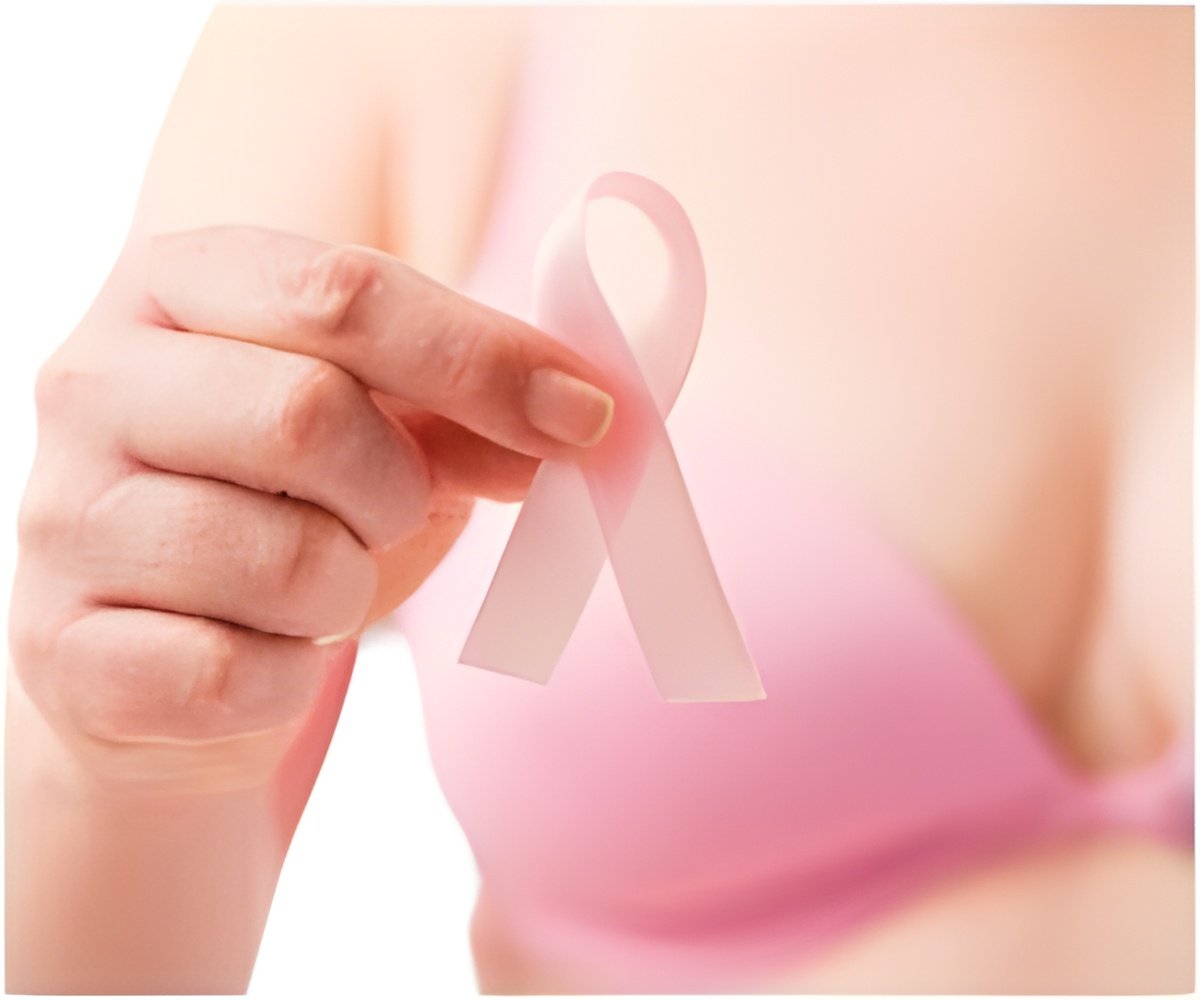Cancer screening is a complex decision and early detection of cancer will help in effective treatment of cancer, but it can create problems for others leading to unnecessary testing and treatment.

Results of a telephonic interview conducted in American adults reported that almost three-quarters (73%) of women age 40 and older (the age group potentially eligible for breast cancer screening) reported that they had seen or heard celebrities talk about mammograms, and, of these women, 25% said that it made them more likely to undergo screening mammography. Nearly two-thirds (63%) of men age 50 and older reported that they had seen or heard celebrities talk about PSA tests, and, of these men, 31% said it made them more likely to undergo PSA testing.
The authors of the study said that, "Whether to undergo cancer screening is a complex decision--early detection of cancer will help some people, but it can create problems for others, such as unnecessary testing and treatment," the authors write. "There is little question that celebrities can have a powerful impact on the public and that their influence can be put to good use. However, when it comes to public health endorsements, we feel that celebrities should be judicious in using their powers of persuasion and when it comes to communicating about complex decisions such as cancer screening, the goal should not be to persuade but to inform."
Pink October: Pink October is observed world wide breast cancer campaign month since 1985. The Pink month consist of various activities such as runs, hikes, walks, and other fund raising events raise hundred of millions of dollars to conquer that dreaded scourge of the modern woman, breast cancer.
A breast cancer campaign would give more women the cure that can come from early detection; 80,000 new cases are diagnosed annually in India. The US has one of the highest breast cancer rates in the world. Fifty years ago the incidence of Breast Cancer for a woman's life time risk was one in twenty. Now it has skyrocketed to one in eight. Clearly the so-called war on cancer has not even made a dent in the breast cancer epidemic as the rates continue to climb at the rate of one per cent per year.
The motto of Breast Cancer Awareness Month is "Early Detection is Your Best Protection", since the National Cancer Institute stated in 1995 that "Breast cancer is simply not a preventable disease". The American Cancer Society in 1997 announced, "There are no practical ways to prevent breast cancer - only early detection." So mammograms are the front line of defense.
Nancy Reagan, Wife of Former President Regan, had a Mastectomy surgery for her breast cancer and after her surgery, lumpectomy rates fell for six months, probably because women felt that the president's wife got the best medical advice.
New York’s Mayor Rudolph Giuliani was dropped out of senate race against Hillary Clinton after he was diagnosed of prostate cancer. The American Cancer Society, however, does not recommend screening for every man. It suggests that men be given information so that they can decide for themselves about screening for prostate cancer, said Dr Robert Smith of the American Cancer Society.
His Holiness the Dalai Lama's message, "Change only takes place through action", might very well have been the rallying call that galvanized the millions of women throughout the world to support the annual Breast Cancer Awareness month.
Dr George Lundberg, editor in chief of Medscape.com and former editor of JAMA has said that when celebrities were open about their illnesses, it often educated the public. Increasing public awareness of common diseases is good, but few celebrities publicize the most obvious messages on disease prevention. For example, no celebrity is yet talking about his or her high cholesterol and heart disease, drunken driving, or injury from not wearing seat belts.
Breast cancer awareness program in India:
80,000 new cases of breast cancer are diagnosed annually in India. Cancer Patients Aid and Association (CPAA), is an organization helping poor and needy cancer patients in India. The organization was founded 31 years ago, with the main aim of helping economically poor cancer patients. One of the main hurdles for cancer treatment in India is lack of awareness on what causes cancer, how it can be prevented and the importance of early detection in effecting a cure.
To overcome this problem CPAA has started various departments for awareness, Early Detection, Insurance and Rehabilitation. The CPAA offers various help to patients which include providing donations in kind (utensils, clothes toys), accommodation, diet supplements and food grains, special investigations (CT Scan, MRI), blood requirements, transportation through our ambulances, prostheses (artificial body parts); hospital and home visits. Entertainment programs, gatherings, picnics and meetings with celebrities are organized regularly.
Nana Chudasama, well known for his "I Love Mumbai" programs aimed at cleaning and greening this great metropolis is supporter of cancer awareness programs. Designer Shaina NC, in a unique show orchestrated by Hemant Trivedi, Shaina brought together 35 women achievers from various walks of life to showcase her beautiful creations for the benefit of fund raising for cancer awareness. Well known, successful women lawyers, teachers, actresses, auctioneers and entrepreneurs besides professional models gave of their precious time to walk the ramp in Shaina's exquisite designs.
Actress Mahima Chowdry was in Delhi to raise awareness on breast cancer and wished that more actresses could serve to help in this awareness programs.
Influence of Chemical and Pharmaceutical companies: Breast Cancer Awareness month's primary sponsor is Zeneca Pharmaceuticals, now known as AstraZeneca. These Chemical and pharmaceutical companies are making huge profits from breast cancer, manufacturing and selling known carcinogens on one hand, and then producing (and profiting from) breast cancer treatment drugs on the other.
Zeneca Pharmaceuticals, among the world’s largest manufacturers of pesticides, plastics, and pharmaceuticals is also the controlling sponsor of Breast Cancer Awareness Month. When it comes to environmental toxicity and carcinogens found in pesticides, herbicides, plastics and other toxic chemicals that are known to cause cancer - especially breast cancer - there is booming silence by all Breast Cancer Awareness Month programs. The focus is limited to early detection and treatment, with an avoidance of the topic of prevention.
Billions of tons of toxic substances that never existed are now released into the environment. Yet only 3 percent of the 75,000 chemicals in use have been tested for safety. These toxic time bombs are found in our water, air and soil. Women who live near toxic waste dumps have 6.5 times the incidence of breast cancer.
The American Cancer Society was founded with the support of the Rockefeller family in 1913. Members of the chemical and pharmaceutical industry have long had a place on its board. Could that have something to do with the fact that the American Cancer Society's latest report on cancer prevention makes no mention of environmental factors?
Final remarks: No one knows whether the endorsements increase cancer testing among the people who stand to benefit most, the researchers cautioned. Screening has both advantages and disadvantages as early diagnosis helps for better treatment and also can bring unnecessary testing and treatment. Celebrities who organize the program should be judicious in using their powers of persuasion for undergoing the screening the screening programs. The final remarks would be when it comes to communicating about complex decisions such as cancer screening, the goal should not be to persuade but to inform.











